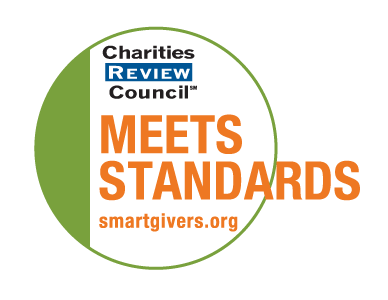This post is the first of three where I will discuss the concept of body literacy. So, let’s begin with an obvious question about the topic: what is body literacy? Well, in the simplest of terms, body literacy refers to the observing, learning about, and the understanding of one’s body. OK, so what exactly does that mean? Great follow-up question. Let’s find out.
Body literacy is the combination of three distinct phases (as mentioned above): observing, learning, and understanding. When combined, these phases create a power-house of knowledge that help you live in sync with your unique body. Let me elaborate . . .
Observing
In order to observe something, we must give our time, thought, and attention to it. What this means in relation to your body is that if you are observing, you “notice” when things are different. For example, we notice when we have a fever, we notice when we feel hungry, and we notice if we feel tired. These observable changes are what alert us to pay attention to what is happening in our bodies.
Learning
When we take our observations and distinguish patterns from them, we have entered the learning phase of body literacy. And when we identify these patterns, we instinctively try to “turn off” the signals we are observing. For example, we rest when we are sick, we eat when we are hungry, and we sleep when we are tired. The connections we make between observing and learning allow us to take care of our bodies, to keep us healthy, and to alert us when something is wrong.
Understanding
When we understand our bodies, it means we know what messages they are sending us. It also means we know what to do about those messages. But understanding our bodies also gives us an opportunity to gain better control over our health and wellness because we can now use the information to make healthy decisions. For example, if we know that eating dairy is going to give us an upset stomach, we will most likely make the decision to avoid eating dairy. This phase of body literacy is what helps us see the cause-and-effect of the decisions we make.
If you can apply all three of these elements to your own health and wellness consider yourself body literate. In part 2 of this series, I will be going more in-depth as to why this type of literacy matters. But for now, go forth to observe, learn, and understand your amazing body.

